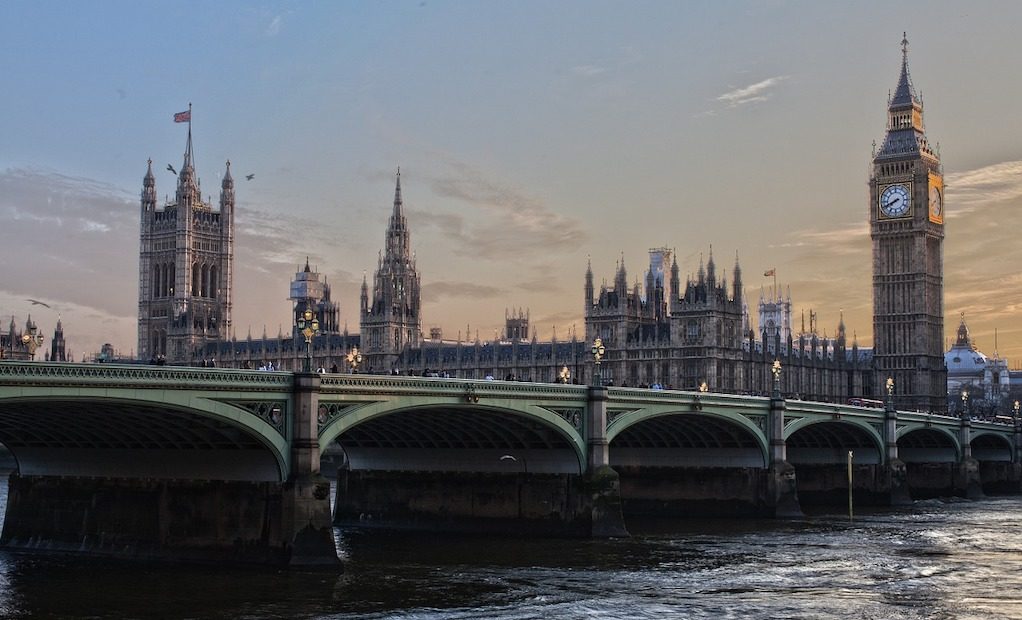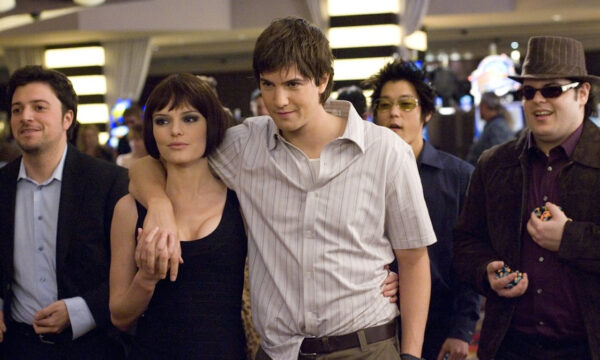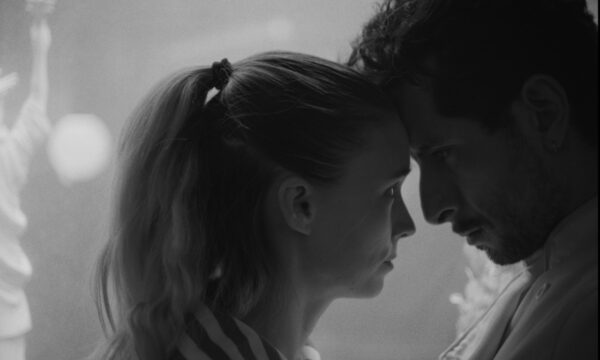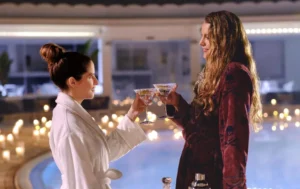Equality in death: Debating the legal right to die

I have the right to die; so, probably, do you. Suicide has been legal in England for over 40 years, a protective measure to defend the subjects of failed attempts from prosecution. That is what the law is supposed to do – protect the people.
Conversely, Tony Nicklinson feels discriminated against by the denial of his right to choose death.
A catastrophic stroke in 2005 that doctors expected to kill him left Mr Nicklinson with locked-in syndrome. An active, outgoing, handsome family man has been reduced to a state of paralysis so severe that he requires help to swallow food and has been left unable to speak. The only bodily movement Mr Nicklinson can control is that of his eyelids. With such reduced capabilities, he wants help to die.
While it remains illegal to assist with another’s suicide, the Crown Prosecution Service (CPS) have published guidelines that establish the factors which influence their decision to prosecute in such cases.
This came as a result of Debby Purdy’s 2009 High Court win. Ms Purdy has progressive multiple sclerosis and sought to establish her right to know if her husband would be prosecuted for helping her to the Swiss assisted suicide clinic, Dignitas. Unlike in the UK, assisted suicide is legal in Switzerland.
The 2010 assisted suicide guidelines say that if you are a family member and are “wholly motivated by compassion”, and if the victim has made a “voluntary, clear, settled and informed decision to commit suicide”, prosecution is less likely.
However, Tony Nicklinson doesn’t want to go to Switzerland to die, he doesn’t want to implicate his family in his death and he doesn’t want to starve himself (his only other option) in front of them over what is likely to be a protracted and horrific period. Mr Nicklinson wants a dignified death with the aid of doctors, and wants to ensure that any medical professional involved would be protected from the law when performing voluntary euthanasia on him.
Mr Nicklinson’s barrister described his client’s life as “dull, miserable, demeaning, undignified and intolerable”. He didn’t fight for the legalisation of assisted suicide, but argued for the “necessity” of ending Mr Nicklinson’s suffering, by means of his death. He asked the court: “How would you feel if it was you?”
Lord Justice Toulson upheld the denial of the High Court, saying that though the case was “deeply moving”, the consequences of allowing such a claim would have far-reaching implications. He said: “It is not for the court to decide whether the law about assisted dying should be changed and, if so, what safeguards should be put in place. Under our system of government these are matters for Parliament to decide.”
Paul Tully of Pro-Life group, SPUC, has argued that the: “Sick, vulnerable or disabled need the law to be robust in protecting the inviolability of every human life.” He says that compassion and solidarity are the correct responses to Tony Nicklinson’s condition. But it seems these are the very qualities that underpin the Nicklinson family’s campaign to help Tony die. Though Mr Tully is right to assert that the vulnerable in our society deserve respect and protection, they also deserve equality in their right to choose life, or death.
Research published in The Lancet last month shows the rates of voluntary euthanasia haven’t increased since the Dutch legalised assisted suicide in 2002. Involuntary cases – murders – were also shown to have decreased from 0.8% of deaths in 1990 to 0.2% in 2010.
Sarah Wootton, of Dignity in Dying, said: “We know that in the UK people want assistance to die to be available to terminally ill, mentally competent adults. This new research shows that assistance to die can be safely legislated for and regulated, and that legalising assisted dying has a positive impact on levels of reporting and openness about this end of life choice.”
It is legal for a doctor to terminate an unborn child, it is also legal for him/her to turn off a life support machine, and, through separation, end the life one conjoined twin. It is legal for those of us who can to end our lives. But those of us who cannot are forced to live. Where is the equality or the compassion in that?
Our government needs to legislate in favour of assisted dying, so that we can help some of society’s most vulnerable members. It will be complicated and difficult, but parliament exists to serve and protect people. Following recent events, how protected do you imagine Tony Nicklinson feels right now?
Jane Evans
























Facebook
Twitter
Instagram
YouTube
RSS